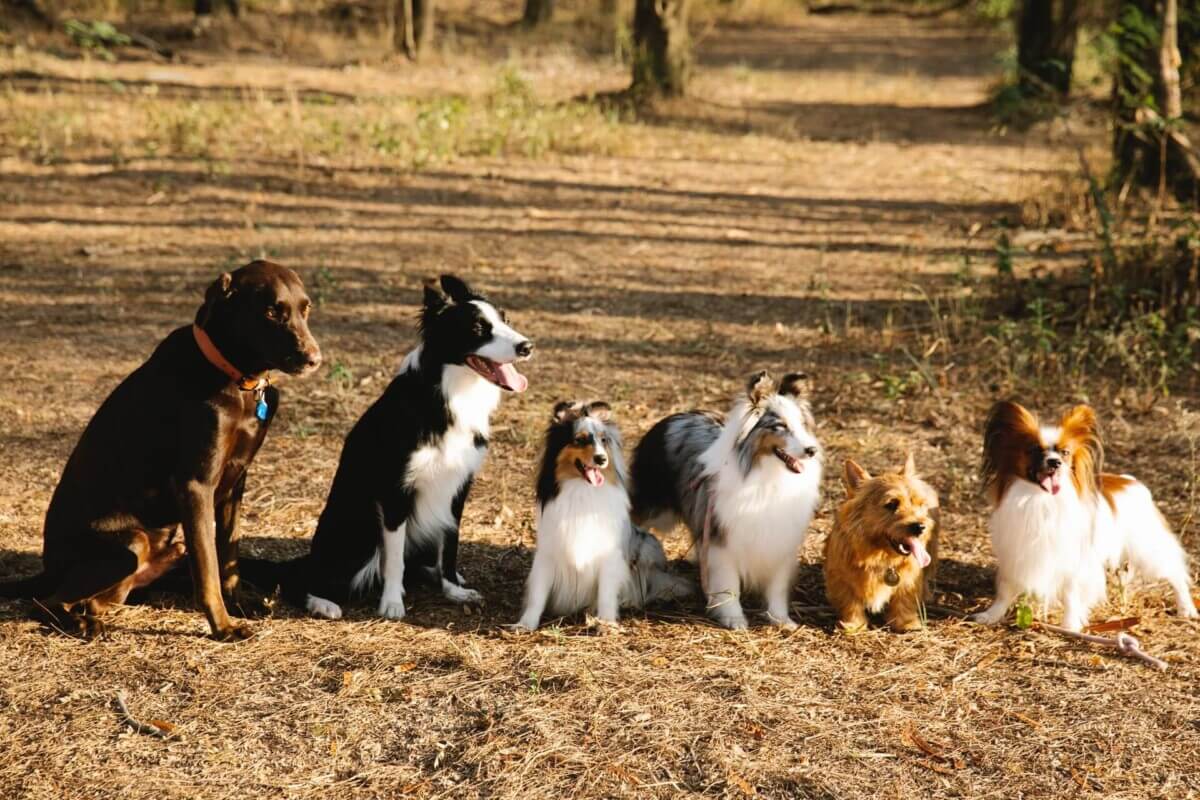
(Photo by Blue Bird from Pexels)
ANN ARBOR, Mich. — A group of global scientists has harnessed a vast database of canine DNA to delve deeper into the evolution of our beloved dog breeds. The Dog10K project studied nearly 2,000 DNA samples from a diverse range of sources, including 321 different breeds of domestic dogs, wild dogs, coyotes, and wolves. All of these samples were then compared to the DNA of a German Shepherd named Mischka.
Researchers unearthed more than 48 million genetic data points. What stood out was the discovery of around three million single nucleotide polymorphism (SNP) differences in each breed dog. SNPs, often pronounced as “snips,” are essentially tiny genetic variations. They are key contributors to the rich genetic diversity seen among humans and dogs.
Among the studied breeds, the team identified 26,000 sequences that Mischka had but were absent in others. Conversely, there were 14,000 sequences in other breeds that Mischka lacked.
“We did an analysis to see how similar the dogs were to each other, and it ended up that we could divide them into around 25 major groups that pretty much match up with what people would have expected based on breed origin, the dogs’ type, size and coloration,” says Dr. Jeff Kidd, a professor of Human Genetics and Computational Medicine and Bioinformatics at the University of Michigan Medical School, in a university release.

The majority of these genetic differences were related to the dogs' physical appearance or morphology.
In terms of genetic variation, wolves showcased around 14 percent more than domestic dogs. Wild village dogs, which coexist with humans in urban environments but aren't household pets, had a greater genetic variety than breed dogs.
The study also identified an unusually high number of retrogenes – genes that form when RNA is converted back to DNA and relocated within the genome. Out of the 926 retrogenes discovered, one called FGF4 stands out as it causes the short legs seen in breeds like dachshunds and corgis.
“Dogs tend to have an increased amount of retrogenes which have resulted in mutations that were selected for, that perhaps people found cute and bred more of,” notes Dr. Kidd.
His team is now keen on understanding why such retrogenes appear so often in dogs.
The study is published in the journal Genome Biology.










